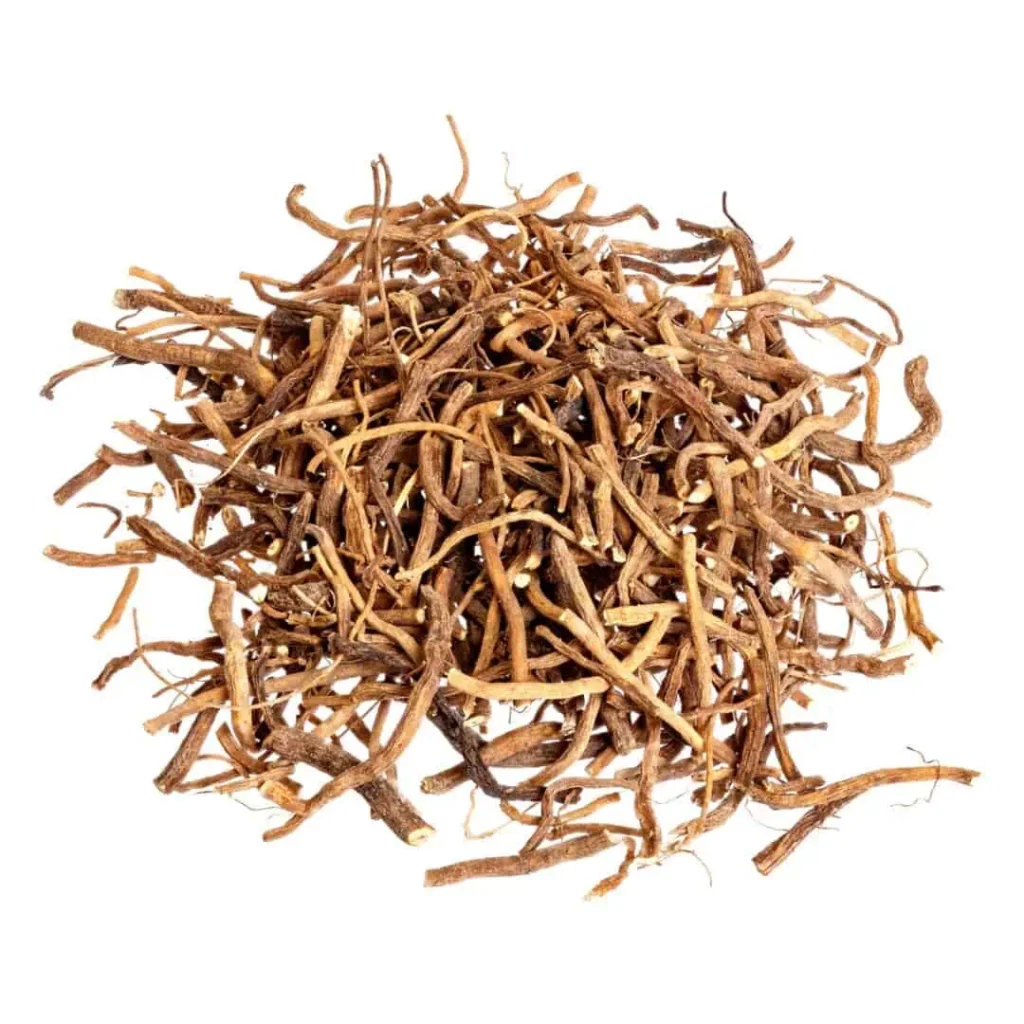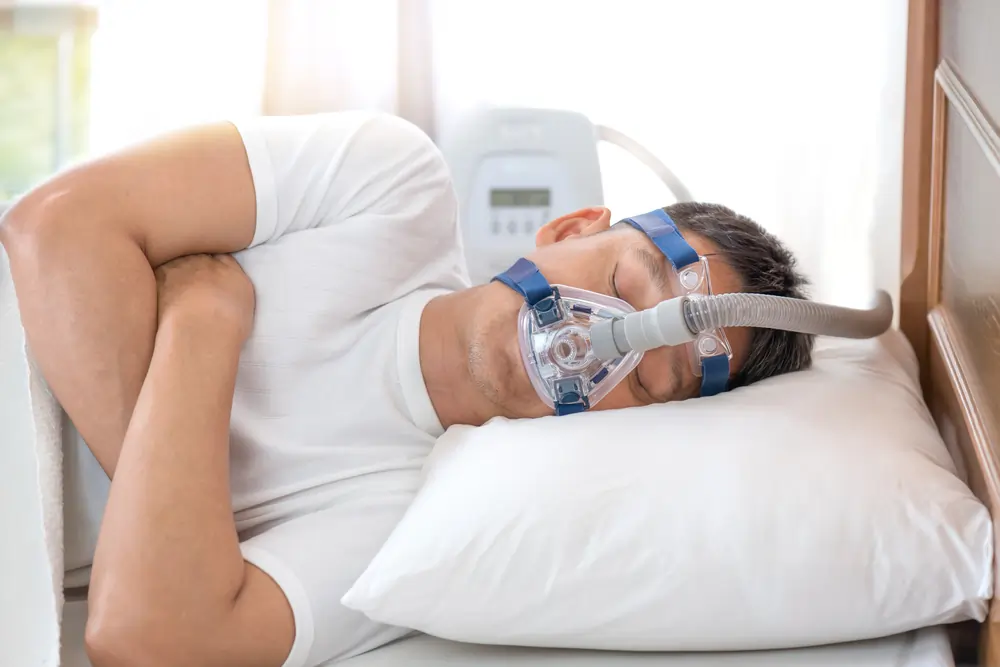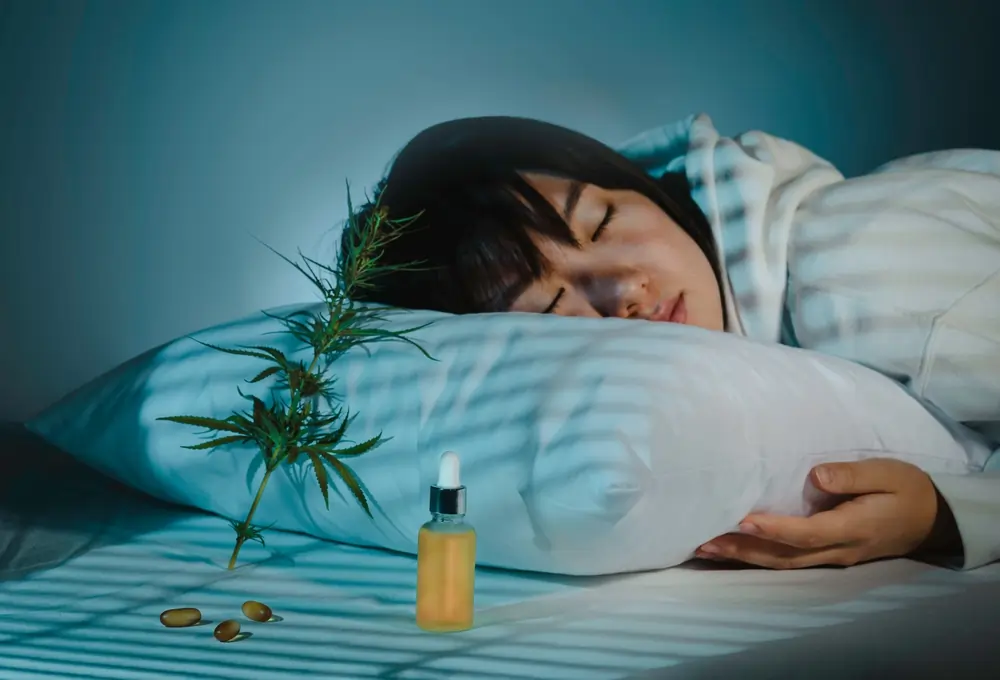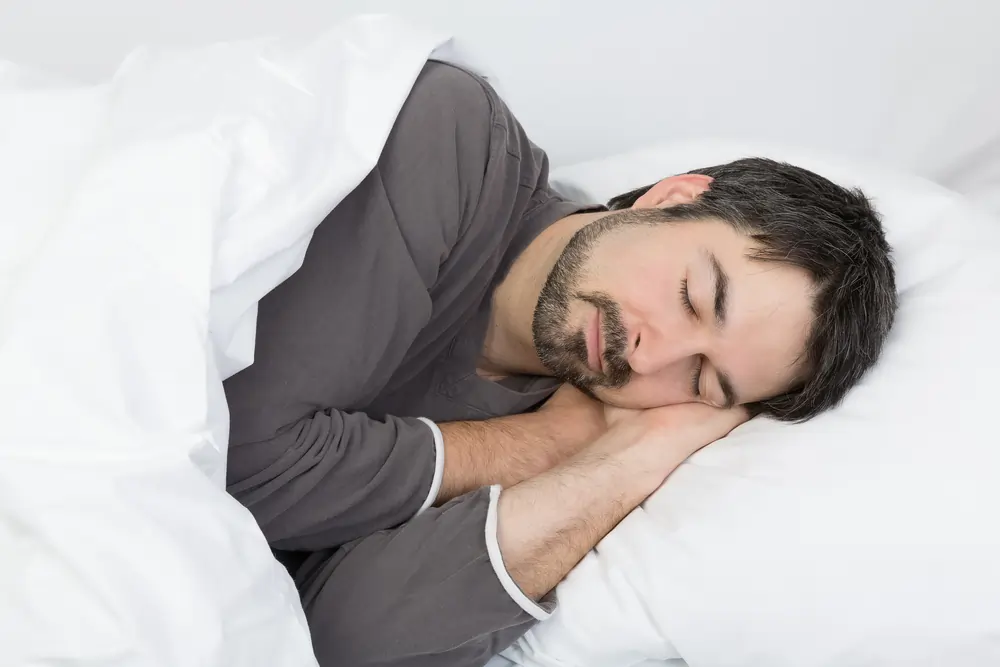Valerian Sleep Aid – How This Natural Sleep Aid Works
Share
Fact checked
Reviewed by experts
Updated
December 13, 2022
Quick read
5 mins to read
List of Content
Valerian Sleep Aid – If you have insomnia, then valerian sleep aid might be what you’re looking. According to the latest studies by the Center for Disease Control and Prevention, over one-third of Americans are unsuccessful in getting at least seven hours of a night’s sleep. The body needs rest to refresh and strengthen the immune system. Sleep disorders such as chronic insomnia, if not appropriately treated, can not only cause health decline but mental issues as well.
Valerian sleep aid is an herbal root extract used in treating anxiety, restlessness, and insomnia. Physicians widely acknowledge it as a natural alternative for prescription sleep aids. But while it yields impressive benefits to the body, it can also do more harm than good if not administered properly or bought at an unreliable source. For valerian root to be useful, it is crucial to be knowledgeable and understand all of its aspects.
What Is Valerian?

Valerian, also known as Valerian Officinalis, is a flowering plant that is native to Asian and European countries as well as in some parts of North America. Often misspelled as “valerian,” the valerian root is the most important part of the plant as it is the main source of its sedative effects. The rhizome of the dried valerian root is converted into valerian root supplements. For centuries, the root extract is known for its amazing health benefits including treatment of digestive problems, headaches, anxiety, and sleep disturbances.
One of the many reasons why the valerian root extract is effective in treating anxiety and insomnia is its natural composition. The root consists of volatile essential oil that is responsible for its calming effects on the central nervous system. In appearance, the valerian root plant grows pink, purple or white flowers in the summer. Its sweet scent is its most distinctive feature, and because of that, the valerian extract became popular as a perfume for the skin and clothes.
The origins of the valerian root come from the Latin word “valere” that translates to “to be strong and healthy.” According to studies, the root valerian appears as early as ancient Greece and Rome. Hippocrates is known for describing its medicinal properties, and Galen followed by recommending it as a treatment for insomnia. Up until the 19th century, the valerian root plays a role in the curing of epilepsy.
Other names known to use for the valerian root are Valerian Valeriana officinalis, All-Heal, Belgium Valerian, Garden Heliotrope, Garden Valerian, Rhizome de Valériane, Herbe à la Femme Meurtrie, Herbe de Notre-Dame, Indian Valerian, Mexican Valerian, Pacific Valerian, Tagar, Tagara, and Valeriana Angustifolia, among many others.
When it comes to the purchase of valerian dietary supplements, the U.S. Food and Drug Administration classifies it to be GRAS or Generally Recognized As Safe. However, since the FDA does not regulate manufacturing standards for herbal medicine, some commercial valerian root can be contaminated with other drugs. It is also not recommended to take more than 900 mg of valerian root in tablet form as it can intensify drowsiness. If you want to reap the wonderful effects of valerian, it is best to buy valerian at a reputable drugstore or company.
What Are The Benefits Of Valerian Root?

Valerian root alleviates anxiety
Valerian supplement contains valerenic acid. That particular acid increases the supply and production of the brain’s gamma-aminobutyric acid or GABA, a compound that helps your brain relax. That is the reason why valerian for insomnia and anxiety is popular.
Scientific studies also prove the effects of valerian on insomnia patients. Participants in various randomized controlled trials were administered with either a valerian root or placebo an hour before sleep. After four weeks, those who took valerian root supplements report a significant improvement in the quality of sleep compared to the placebo group.
Valerian root relieves menstrual cramps
Aside from its sedative effects, the root is also useful in giving relief to women suffering from regular menstrual cramps caused by PMS. The valerian is an antispasmodic, meaning it relaxes the muscles and curbs any muscle spasm. According to double-blind placebo-controlled studies done in Iran’s Azad University, the root soothes the contractions in the uterine muscles that trigger the abdominal pains in women.
Valerian root treats insomnia
Various clinical trials and studies report that the valerian plant reduces the amount of time it takes to fall asleep and get into slow-wave sleep by 15 to 20 minutes. For people who find it hard to get a good night’s sleep, that is something worth trying. Back in 2002, over 2 million adults in the U.S. were reported to have taken self-prescribed valerian root only to treat insomnia. The widespread fascination for this herbal remedy is simple: It is effective, inexpensive, and does not produce adverse effects when taken properly.
First-time users may not see immediate results on the first few days, and it may even take up to four weeks for an effect to be evident. However, with continued doses of about 400-900 mg of the root 2 hours before bed, it can result in improved sleep and good sleep quality. To maximize its effects, the root can be combined with other herbal medicines such as lemon balm or hops. On the other hand, according to studies, it can cause relative risk for side effects when taken along with other dietary supplements such as St. John’s wort.
What Is Valerian Root Extract Used For?

Melatonin is a hormone found in the body that is responsible for managing the body’s sleep-wake cycles. During the night or when it becomes dark, the pineal gland increases its production of melatonin, signaling to the brain that it is time for bed. A lot of people have insomnia and other sleep latency problems, which is why their physicians advise them to take synthetically made melatonin supplements.
Valerian root, on the other hand, does not order the brain to fall asleep. It reduces brain activity and relaxes the body to ease into a natural, non-prescription sleep smoothly. Although melatonin and valerian sleep aid produces the same results, it is highly discouraged not to take the two supplements together to avoid adverse events.
Conclusion
The effects of valerian sleep aid are evident in various clinical studies around the world. A critical factor of the herbal medicine is a chemical called linarin which is responsible for the root’s sedative effects. Results from a placebo-controlled study suggest that valerian sleep aid causes the increased production of gamma-aminobutyric acid or GABA and further sustains its relaxing effects on the brain.
Other prescription medicines that also increase the effects of GABA in the brain are anxiety drugs such as diazepam (Valium) and alprazolam (Xanax).
This website does not offer medical advice nor professional medical services; rather, it is provided solely for educational, informational, and/or entertainment purposes. Individuals seeking medical advice should consult a licensed physician. The information provided should not be used for diagnosis or treatment of any condition, disease, or injury. When you have a medical condition, you should always talk to licensed doctor or other certified medical professional. You should never delay seeking professional medical advice or treatment based on the contents of this website. Call 911 or immediately go to the nearest emergency room if you think you may have a medical emergency. The contents of this website are provided “as-is”, Sleep Authority and its parent, subsidiaries, affiliates, employees, contributors disclaim any warranty of the information contained herein. Please contact using contact form to report any errors, omissions, misinformation, or abuse.
Sleep Authority is brought to you by Resident, the company that brings you Nectar, DreamCloud, Awara, Wovenly, Bundle, Home Well Designed and Level Sleep.










